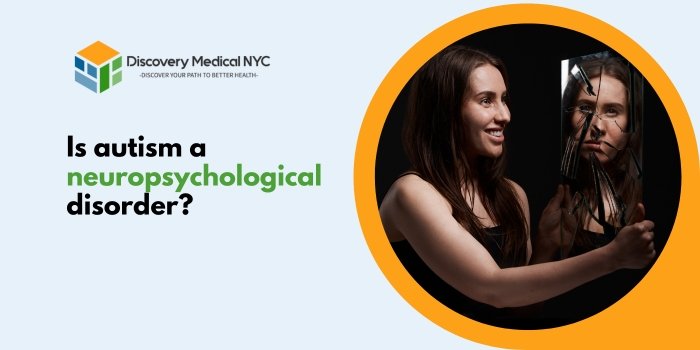Autism Spectrum Disorder (ASD) is primarily classified as a neurodevelopmental disorder, but it also has strong neuropsychological components.
Autism affects how the brain develops and functions, particularly in areas related to social interaction, communication, behavior, and sensory processing. These areas are deeply connected to neuropsychological functioning, which refers to how brain structures influence cognitive abilities and behavior.
In clinical settings, neuropsychological assessments are often used to evaluate individuals with autism. These assessments help identify how autism may impact:
- Attention and concentration
- Memory (short-term and working memory)
- Executive functioning (planning, organizing, flexible thinking)
- Language processing
- Motor coordination and sensory integration
Although autism is not solely a neuropsychological disorder, its symptoms and traits are closely tied to neurocognitive processes, which is why specialists like neuropsychologists often play a role in diagnosis and treatment planning.
Key Facts:
- ASD is defined in the DSM-5 under neurodevelopmental disorders.
- It typically appears in early childhood and lasts throughout a person’s life.
- Neuropsychological evaluations provide deeper insights into individual cognitive strengths and challenges.
- Early diagnosis and intervention can significantly improve developmental outcomes.
Summary:
While autism is not classified exclusively as a neuropsychological disorder, it involves complex brain-based differences that affect multiple cognitive and behavioral functions. Understanding autism through both developmental and neuropsychological lenses helps provide more accurate assessments, tailored therapies, and support for individuals on the spectrum.

